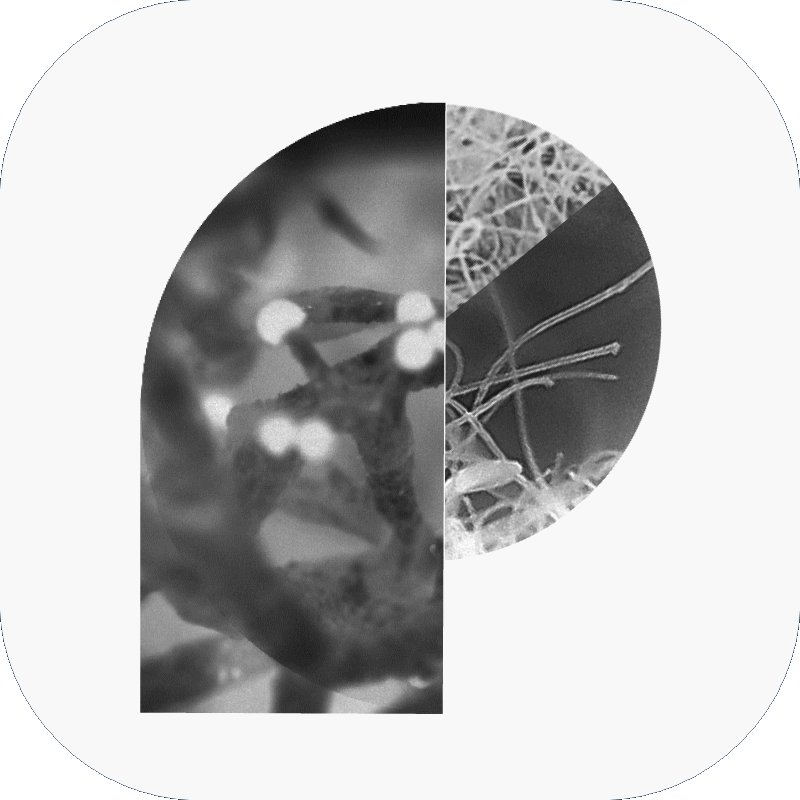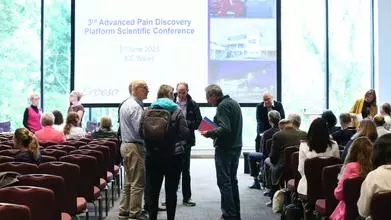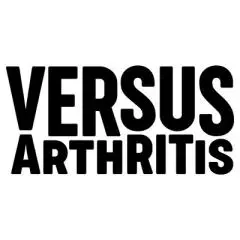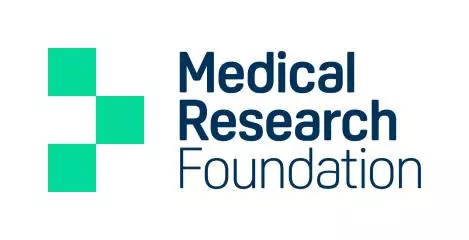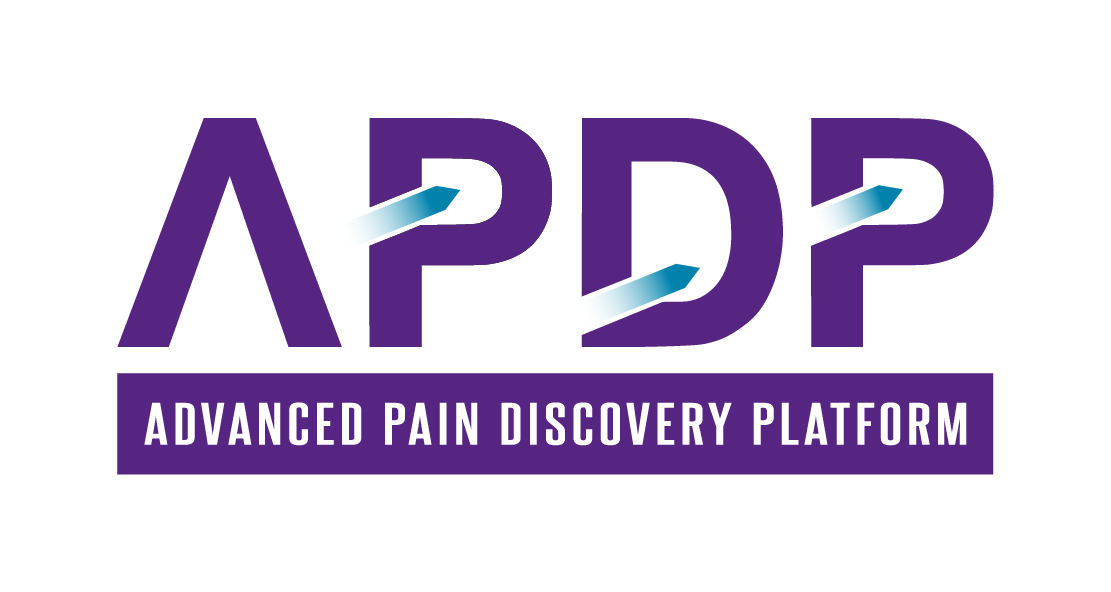
The Advanced Pain Discovery Platform (APDP) is a partnership between Versus Arthritis and UK Research and Innovation which brings together experts from many different areas of pain research. Together, they will look to transform our knowledge of the causes of chronic pain.
Pain is a major global public health challenge. It blights the lives of many thousands with chronic conditions such as arthritis, diabetes, fibromyalgia, headache, or diseases of the gut or uterus. It affects people of all ages and backgrounds. Pain is complex, and experts across many disciplines need to work together to better understand mechanisms of pain and improve treatments. Our approach will ultimately improve the lives of people living with pain, their families and carers.
In the first phase of the APDP, four research projects and a data hub have been set up. The projects, which cover multiple disciplines and institutions, will break through the complexity of pain by establishing a national platform, delivering discovery and early translational science. PAINSTORM is one of these consortia. The others are:
Alleviate: The APDP Pain Research Data Hub
The Alleviate project aims to bring together existing UK pain data in a single hub. It will transform these pain datasets to be Findable, Accessible, Interoperable, and Reusable (FAIR), and integrate these datasets into the Health Data Research (HDR) UK Gateway.
This project is led by Dr Chris Cole (University of Dundee).
CAPE: Studying the impact of adverse childhood experiences on chronic pain and responses to treatment
The CAPE consortium will integrate biological, psychological, social and cultural factors to understand the impact of adverse childhood experiences on chronic pain and how people respond to treatment. CAPE stands for Consortium Against Pain in Equality.
Adverse childhood experiences include physical or emotional abuse, neglect, and domestic violence. Children exposed to several adverse experiences are likely to have more health problems later in life, including chronic pain. Although there is good evidence that adverse childhood experiences contribute to health inequalities, there is no widespread screening or systematic approach to reducing long term harms.
This project is led by Prof Tim Hales (University of Dundee).
ADVANTAGE: Studying visceral pain
The ADVANTAGE consortium aims to improve how we treat people with visceral diseases, such as endometriosis, colitis and kidney disease, focusing on their pain rather than just their underlying disease. ADVANTAGE stands for Advanced Discovery of Visceral Analgesics via Neuroimmune Targets and the Genetics of Extreme human phenotype.
One in twenty individuals in the UK are disabled by visceral pain. The condition is a terrible burden for those who suffer from it: causing pain not only during the most intimate moments of their lives, but also frequently triggering unpredictable episodes of pain "flares" that can need hospital admission. It is therefore surprising and disappointing how little we know about visceral pain; no one has systematically studied how the pain connects to the underlying visceral disease, how it relates to other health problems, and how it affects people's psychological wellbeing.
The ADVANTAGE project will set up a UK-wide database of visceral pain patients to address these questions. They will also study those nerves connecting inner organs to the brain to ultimately cause pain, as their exact identity is unknown.
This project is led by Prof Geoff Woods (University of Cambridge).
CRIISP: Studying the psychosocial mechanisms of chronic pain
CRIISP stands for Consortium to Research Individual, Interpersonal, and Social Influences in Pain. Psychological factors such as thoughts and feelings, and social factors including personal relationships and lifestyle, can affect chronic pain alongside biological factors. We don't know which of these factors are most important, or how they combine to affect people's experience of pain. To find out what is important, the CRIISP project will focus on how people think and feel about pain, how relationships with others affect their pain, and consider the wider social and environmental influences on pain. At each stage of the project researchers will be guided by the experiences of people living with pain.
This project is led by Prof Edmund Keogh (University of Bath).
